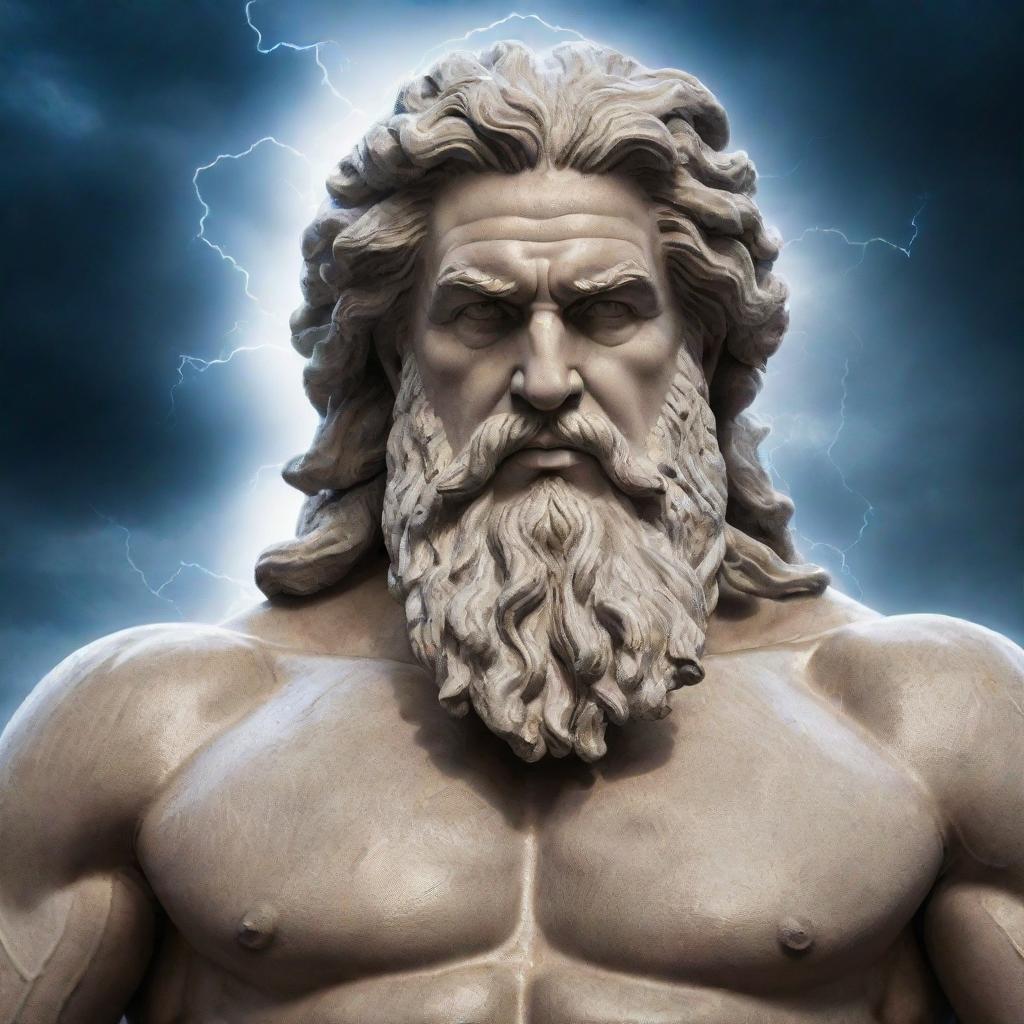Deep Dive into Atheism: Test Your Knowledge with This Philosophical Quiz
Anonymous User
Created 6/20/2024

Unleash your inner philosopher and put your atheistic beliefs to the test with this thought-provoking quiz!
1. What does the 'Problem of Evil' argument suggest?
God exists because evil can be justified.
A good and omnipotent God would not allow evil to exist.
Evil does not exist, hence God exists.
Evil proves the existence of God.
2. What is Russell's Teapot analogy primarily used to illustrate?
The burden of proof lies on the one making unfalsifiable claims.
God is as likely to exist as a teapot in space.
The existence of small objects in space.
Believing in multiple gods.
3. What does Occam's Razor principle recommend?
The simplest explanation is usually the correct one.
Complexity always indicates truth.
The more assumptions, the better the argument.
Multiplicity of entities.
4. What is 'Inconsistent Revelation' arguing against?
The truth of multiple, conflicting religious claims.
The validity of atheism as a belief system.
The consistency in scientific theories.
The morality of secularism.
5. What does 'Hitchens's Razor' state?
What can be asserted without evidence can be dismissed without evidence.
Complex arguments are always correct.
Every claim requires exhaustive proof.
All assertions must have divine backing.
6. What is the 'Atheist's Wager' based on?
Living a good life is beneficial regardless of the existence of a deity.
There are no benefits to living a moral life.
God will reward all wagers on His existence.
A wager determining the reality of an afterlife.
7. What does 'Incompatible Properties Argument' point out?
Certain attributes of God are logically contradictory.
Divine attributes support monotheism.
Attributes of God support polytheism.
God's properties align with secular laws.
8. What does 'The Problem of Hell' question?
The compatibility of an all-loving God with eternal damnation.
The geographical location of Hell.
The relevance of afterlife concepts in atheism.
The existence of demons.
9. What did 'New Atheism' focus on?
Criticizing religion and promoting secularism through science and reason.
Reviving ancient religious practices.
Combining all world religions.
Defending the existence of God through new means.
10. What does 'God of the Gaps' argue against?
Using gaps in scientific knowledge as evidence of God's existence.
Refuting the accuracy of religious writings.
Aligning scientific discoveries with scriptural texts.
Filling gaps in human knowledge with theistic beliefs.
11. What does the 'Creator of God' argument suggest?
Questioning who created God is a logical inquiry.
God must have always existed.
There are multiple gods who created each other.
One should not question God's origin.
12. In the context of atheism, what does 'negative atheism' refer to?
Lack of belief in a deity without a positive assertion.
Actively denying religious practices.
Embracing polytheistic beliefs.
A movement within theism to reform its principles.
13. What does the 'Nonbelief' argument state?
If God existed, it should be more evident to people.
Everyone inherently knows God's existence.
Belief in God is necessary for moral values.
Nonbelievers cannot understand religious contexts.
14. What principle is 'Secular Ethics' based on?
Ethical behavior can exist independently of religious beliefs.
Ethics must be rooted in divine commandments.
Morality is a product of religious doctrines.
Atheism inherently lacks ethical principles.
15. What is the 'Omnipotence Paradox'?
The concept that an omnipotent being cannot create a task it cannot accomplish.
The omnipotent being can do anything and everything.
God's power overcomes all logical constraints.
Omnipotence includes omniscience inherently.
16. What does 'Pascal's Wager' argue?
Believing in God is a safer bet compared to not believing.
Existence of God is logically certain.
Faith surpasses scientific inquiry.
Atheism offers greater practical benefits than theism.
17. What is 'Theological Noncognitivism'?
Arguing that religious language, particularly phrases like 'God exists,' is cognitively meaningless.
The belief in non-cognitive religious experiences.
The need for theological reform in modern society.
Asserting the cognitive importance of religious texts.
18. Who is credited with the phrase, 'That which can be asserted without evidence can be dismissed without evidence'?
Christopher Hitchens
Richard Dawkins
Daniel Dennett
Ludwig Feuerbach
19. What does 'Parody Religion' typically aim to critique?
The absurdity and contradictions within established religions.
The legitimacy of atheistic logic.
Scientific explanations of the universe.
Cultural norms and traditions.
20. Which philosopher is known for arguing about 'the presumption of atheism'?
Antony Flew
William Lane Craig
Blaise Pascal
St. Anselm

